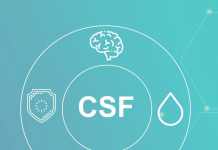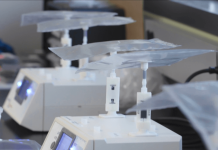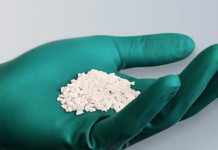SpineX has closed recruitment for a clinical study investigating its neuromodulation device to treat urinary incontinence.
Data from the trial, which began in May 2022, will be used to support a De Novo submission to the US Food and Drug Administration (FDA) “in the coming months”, according to SpineX’s CEO Parag Gad.
Related: Spirair receives FDA clearance for SeptAlign system in NSD correction
The de novo marketing pathway is issued for novel devices when there is no predicate on the market to ascertain substantial equivalence.
Gad added that the US-based company expects market access for the SCONE device later this year.
The SCONE CONTINENCE clinical study is estimated to enrol 130 spinal cord injury patients with neurogenic lower urinary tract dysfunction. Neurogenic bladder is an umbrella term for urinary conditions due to loss of nerve signalling between it and the central nervous system. Patients who have the condition due to multiple sclerosis or stroke also qualified for recruitment.
The study compares two groups of participants – one that receives 12 weeks of therapy with the neuromodulation device and the other that receives a sham treatment. SpineX said its researchers expect to see a statistically significant improvement in symptoms of neurogenic bladder in the group that receives SCONE. The trial’s primary endpoint will be assessment via a neurogenic bladder symptom score after 12 weeks.
SCONE therapy is administered through hydrogel electrode pads placed on the skin over specific regions of the spinal column. The electrical signals modulate the central nervous system via the spinal cord to minimise bladder control issues.
The device is part of SpineX’s neuromodulation range that includes Spinal Cord Innovation in Pediatrics (SCiP), its other lead asset. SCiP is currently in clinical trials to improve the lives of children with cerebral palsy by helping with aspects such as voluntary mobility and overall function. The company published positive results from a first-in-human study with the therapy in January 2024. Both the SCONE and SCiP devices have been granted breakthrough device designation by the FDA.




